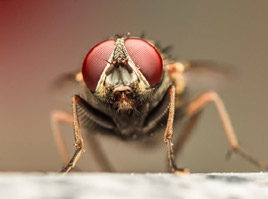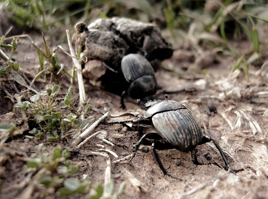They may be
cute but they’re
still a pest!
REQUEST A CALLBACK
Please fill in the form below for a free no obligation site survey and we will ask our friendly consultants to give you a call.
Fox Trapping
December to February is one of the most common times that you may experience a problem with foxes as this is their breeding season. however, they are more brazen and can be commonly found not just in December to February and have become an “all year round pest”
Common problems associated with foxes are fouling, digging up of gardens and noise.
Simple ways to prevent attracting foxes is firstly do not feed foxes, make sure general waste and rubbish is disposed of securely and keep gardens clean and tidy. As females dig dens for their cubs under sheds and garages it is recommended that you build these on a concrete base, preventing foxes from digging underneath.
If a problem is identified, upon your agreement; we will conduct the following:
- In line with the Animal Welfare Act 2006 fox traps have to be checked every 24hours
- We provide a fully managed service from Friday to Friday
- From carrying out a survey, then asking the customer to sign a declaration authorising us to attend site with a fire arm, and then providing the customer with the relevant Fire Arm certification for the technician to attend site we install the relevant
- On the day of install; fox traps are installed, baited but not set
- Over the course of Friday, Saturday, Sunday this allows the foxes to acclimatise to the traps, getting food and leaving the traps
- On the Monday morning our technician returns to site and re-baits the traps and sets them
- If a non- target pest enters the trap (i.e. a cat), then the customer calls us and we will be on site within 3 hours to release it
- If a fox is in the trap, we are also on site within 3 hours, we would cover the trap and using a firearm with a silencer we cull on site – in line with the Animal Welfare Act, to cause as less stress to the animal as possible
- The culled fox is removed and disposed of under Regulation 28 of the (England and Wales) Waste Regulations 2011
Pest Control Top Tips
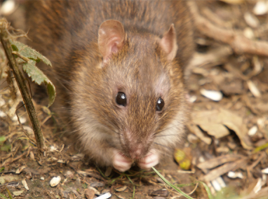
Rats & Mice
Rats and mice can suffer from and carry diseases that can be spread to humans. One of which is Weils’s Disease, which is passed on by rat…
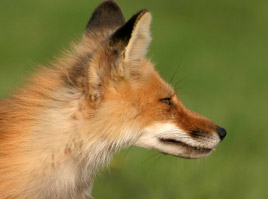
Fox Trapping
December to February is one of the most common times that you may experience a problem with foxes as this is their breeding season. however, they are…
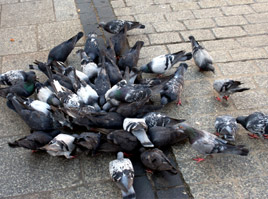
Pigeons
Many people see feral pigeons as part of our natural wildlife, as they can become quite tame and will take food from your hand. However, they can be…
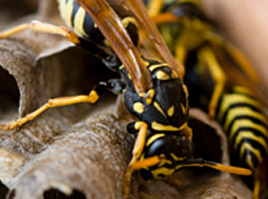
Wasps
Wasps nests are a problem, as they can contain up to 10,000 wasps! Being stung by a wasp is not only painful but can be life threatening if you are…
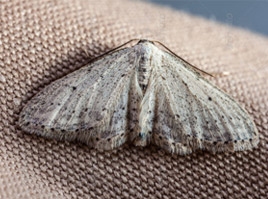
Moths
Clothes moths, otherwise known as Tineola biselliella, don’t fly towards light as other moths do. Instead, they will spend months hidden in…

Ants
Ants have a variety of nesting habits, some like to build their nests in soil, others behind moldings, baseboards and counter tops; they feed on…
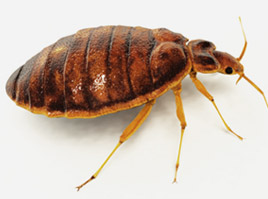
Bed Bugs
Bed bugs are small, nocturnal, wingless insects that feed on human blood and other warm-blooded hosts. They are oval in shape and grow up to 4-5mm…
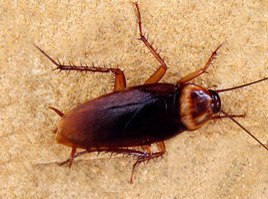
Cockroaches
Cockroaches are a high risk pest, they carry and can spread serious illnesses including salmonella, dysentery, gastro-enteritis and typhoid, with…

